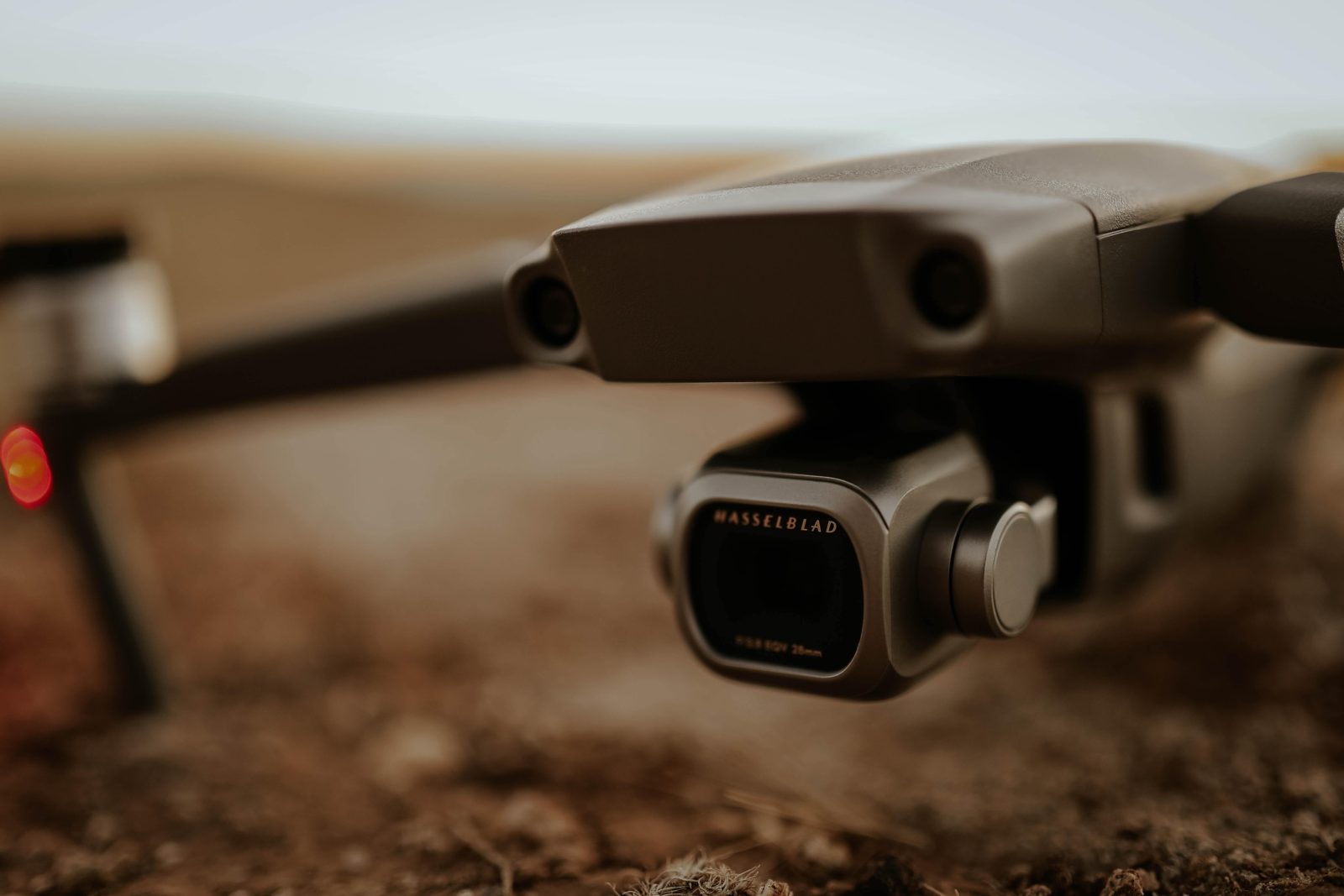Posted 22 Jun

MOD.

Can you tell us a little bit about what you are working on for your PhD Simon?
I’m working on developing a terrain mapping system which uses information from bionic rat-like facial whiskers and other tactile sensors aboard a legged robot for modelling the terrain and its traversability to aid in guiding legged robots through unknown, complex environments.
What is it about mechatronics and robotics that interests you?
I enjoy working with mobile robots, and to have the skillset to design and create smart robots which can help in industry, defence or even in people’s day-to-day lives is of great interest to me. For example, robots which can deliver goods, explore hazardous areas such as an explosion site, perform bomb disposal, or even personal robot butlers. Being able to build and develop a complex, smart machine out of nothing which can move and perform complex tasks is really interesting and exciting, and almost makes you feel like you’re in a science fiction film.
Has anyone done anything similar in this area and how does it relate to what you are doing?
People have used artificial whiskers for gathering information about contacted objects in the past such as their location, shape and texture. Artificial whiskers have been applied to some wheeled robots in the past to gather the shape and texture of objects. Tactile sensors have been used on the legs of legged robots in the past to aid in determining whether a stable foothold has been made on terrain as well as predict terrain properties. Using whiskers and tactile sensors on the legs I can hope to obtain information of the terrain before the robot steps on it and decide whether it is safe to step onto or not, with sensors on the legs to verify a safe foot placement has been made after this.
What are some of the long-term end-goal applications you can see from your research?
Long term goals for my research would be the development of sensors and robot navigation planning algorithms which can enable the safe navigation of autonomous or semi-autonomous robots, legged or otherwise, in complex environments, which may also aid in allowing smaller robots which require less computation power than those currently available. Notable applications would include surveillance, bomb disposal, disaster site exploration, or remote locations exploration, to name a few.
What are the three main lessons you learned during your final year at university?
- Don’t be afraid to ask questions, someone may know the answer and could save you hours of work trying to figure it out yourself.
- Spend the extra time to design something right the first time, you won’t have to worry about spending hours later on in a project (where time is less abundant) to correct or work around them.
- Things, especially hardware, can’t always be perfect. You can develop something in software which works absolutely flawlessly, for example a mobile robot and its navigation algorithm, but bringing that into the real world in hardware it can never be that perfect, and you need to be aware of this with your designs so that you can be ready for it and work around any imperfections.
What advice would you give to someone interested in studying engineering in general, and robotics specifically?
- If you love designing and building things, even just as a hobby, you will most likely enjoy engineering.
- Pick an engineering field which you are interested in. If you are interested in mechanical machines or parts which make up a machine, do mechanical engineering.
- Get as much hands on experience with making things as you can. Sometimes throughout your degree you will be doing a majority of theory without directly applying it to something. If you join an engineering club at university, or do some hobby engineering like playing around with Arduinos, you will learn a lot of things by DOING something cool, which will then make learning and applying the theory from your courses much easier.
Final question – where do you see yourself in 10 years?
I hope to be working in research and development, either in defence or elsewhere in industry, or perhaps lecturing at a university as a researcher.
Simon Pegoli completed his undergraduate degree in mechantronics last year. For his final year project, he and his colleagues devised, designed and developed the Custom-Made Demonstrator shown in the current It’s Complicated exhibition at MOD.
